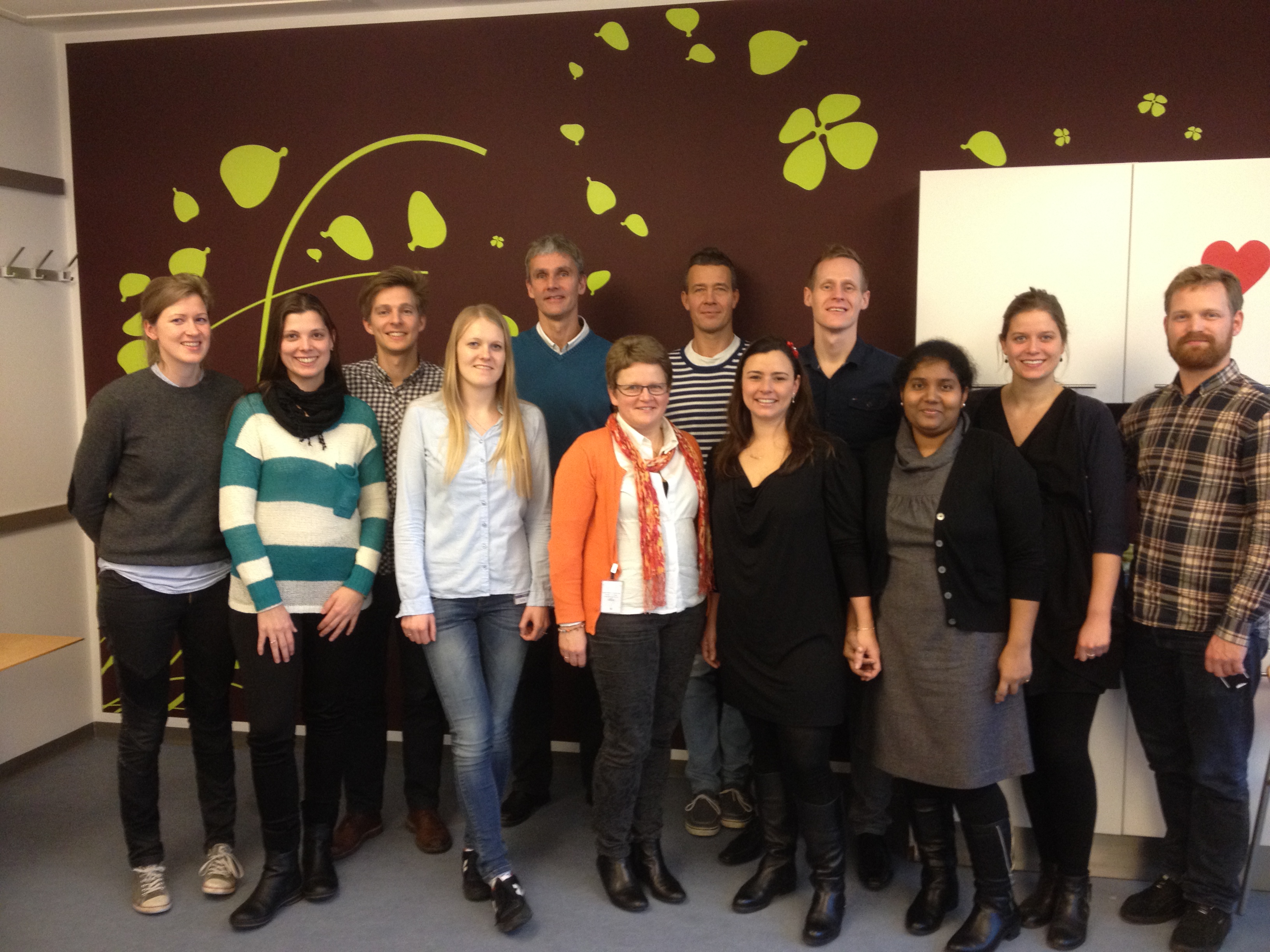RESAB: Rational engineering of cellulases for improved saccharification of biomass
RESAB is a research project supported by the Danish Council for Strategic Research (DSF), under the program for Sustainable Energy and Environment. It was initiated in July 2012 and runs throughout 2016. The main objective is to develop enzyme variants that are optimized for industrial conversion of cellulosic biomass to small, fermentable molecules. This conversion, sometimes called saccharification, is a key process for the utilization of biomass as feedstock for e.g. second generation bioethanol and sustainable replacements for petrochemical products. Many of the ideas and methodologies used in RESAB are developed under the project Thermochemical screening of cellulolytic enzymes for second-generation bioethanol production THERCHEM (2008-2013), which is also supported by DSF. Aspects of the work under THERCHEM that are applied in RESAB are also presented here.
The RESAB project is composed of two partner groups together with one associated- and two affiliated partners. The partners’ research groups are headed by respectively Prof. Peter Westh, Roskilde University (project coordinator) and Science Director Kim Borch, Novozymes A/S. The associated partner group is headed by assoc. Prof. Priit Väljämae, Tartu University, Estonia and the two affiliated partners are Assoc. Prof. Hirosuke Tatsumi, Shinshu Univ. Japan, and Assoc. Prof. Tina Jeoh, University of California, Davis, USA. RESAB will hire a total of two post docs and four PhD students and also educate a comparable number of MSc students.
RESAB group meeting December 2013. Left to right: Trine Holst Sørensen, Francieli Colussi, Jeppe Kari, Kadri Alasepp, Peter Westh, Eva Karlsen, Kim Borch, Vanessa Arnoldi, Nicolaj Cruys-Bagger, Madhuri Kyasaram, Silke Badino and Johan Olsen.
